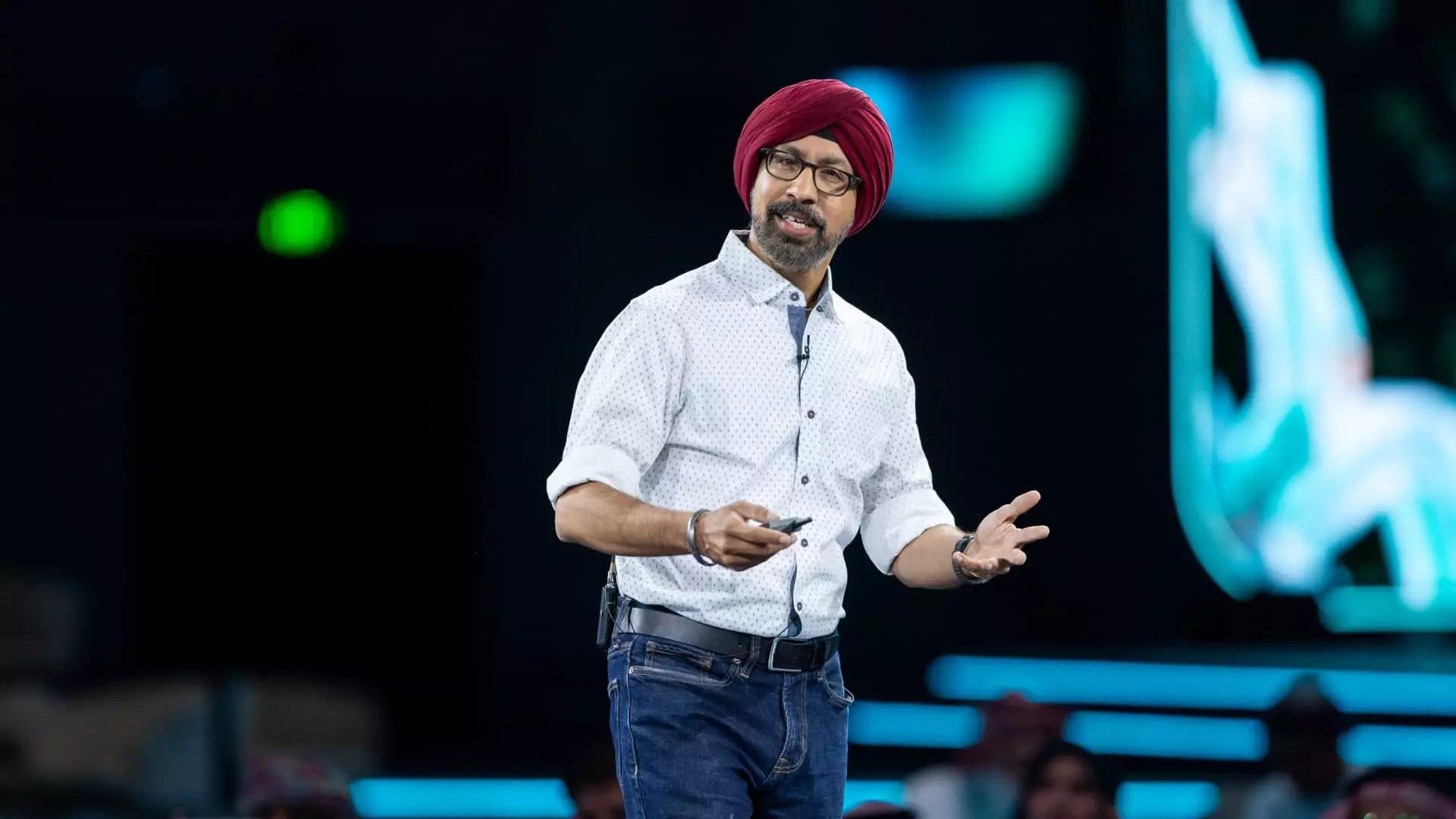In an era where artificial intelligence is rapidly transforming various sectors, healthcare stands out as a domain ripe for innovation. Suki, a healthcare AI startup, is leading this charge by forging a collaboration with Google Cloud. This partnership marks a significant evolution for Suki as it transitions from being primarily a clinical documentation tool to becoming an advanced virtual assistant for healthcare providers. The integration with Google Cloud’s Vertex AI platform positions Suki to enhance its service offerings significantly, aiming to improve efficiency and effectiveness in patient care.
Suki’s flagship product, the Suki Assistant, has already made waves by alleviating the burdens of clinical documentation. By enabling physicians to convert patient consultations into structured clinical notes automatically, Suki helps mitigate the tedious task of documentation that many healthcare providers dread. However, the recent partnership with Google Cloud signifies a broader vision: Suki aims to evolve beyond documentation. As Punit Soni, the founder and CEO of Suki, notes, the tool is intended to function as an assistant, capable of not just documenting but also addressing a myriad of tasks that can enhance the clinician-patient interaction.
The features being developed, including a patient summary tool and a sophisticated Q&A functionality, exemplify this evolution. The patient summary will compile essential information—including a patient’s biography, chronic conditions, and medical history—into a single, accessible format. This capability is poised to save clinicians valuable time, as they can retrieve critical information in moments instead of sifting through patient histories.
Empowering Clinicians with Key Features
With the introduction of new features, healthcare professionals will be empowered to engage more effectively with their patients. For example, the proposed Q&A feature allows physicians to engage with the system using natural language, making inquiries about a patient’s lab results or medical events. Queries such as “Show me his A1C over the last three months as a graph,” and “When was his last electrocardiogram?” can be answered with ease, underscoring the potential for Suki to streamline the flow of patient information.
This innovation embodies a larger trend within the healthcare AI landscape, emphasizing the importance of reducing administrative burdens. In a sector where excessive paperwork and data management contribute substantially to clinician burnout, Suki’s tools promise to offer respite. The ability to quickly access critical patient data not only improves efficiency but can directly enhance patient outcomes.
Suki’s technology is already gaining traction, with its services being employed by 350 health systems and clinics across the United States, a number that has tripled over the past year. As the healthcare industry continues to grapple with increasing demands for efficiency and productivity, the innovative solutions presented by Suki stand to differentiate it amid fierce competition. The absence of additional costs for new features also positions Suki favorably with its existing customer base, as healthcare organizations often face budget constraints.
Furthermore, the announcement of the patient summarization feature and the Q&A capabilities represents Suki’s commitment to ongoing improvement and service enhancement. As these features roll out, potentially by early next year, Suki could solidify its position as a leader in healthcare AI solutions.
The collaboration between Suki and Google Cloud signals an exciting development in the application of artificial intelligence within healthcare. With ongoing advancements, both companies show a commitment to reducing physician burdens and improving patient outcomes, reflecting the ever-evolving intersection of technology and healthcare. As Suki continues to innovate and expand its capabilities, it could redefine how clinicians manage information, ultimately fostering a more efficient, patient-centered care environment that stands to benefit everyone involved in the healthcare process.


Leave a Reply